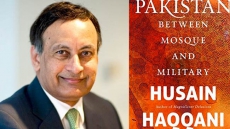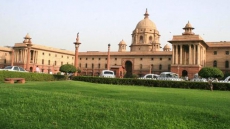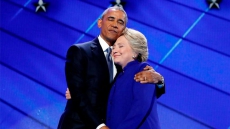Hafiz Saeed, the head of the Lashkar-e-Taiba and the Jamaat-ud-Dawa ( JuD ), is now also in-charge of the ISIS operations inside Afghanistan, thus adding yet another terror title to his name according to revelations made by the Afghan Government and quoted by the Voice of America.
The VOA quoting the Afghan Defense Ministry said this disclosure was made during a meeting between the Afghan and Pakistani military officials in Kabul on Tuesday. The Afghan side confronted the Pakistanis with information that Hafiz Saeed, currently the former leader of Lashker-e-Taiba (LeT), is also managing the activities of the dreaded Islamic State in Afghanistan.
Saeed is wanted in India for plotting terrorist attacks on its soil, including the heinous 2008 Mumbai attack that killed 166 people.
The United States says Saeed has ties with al-Qaeda and has a $10 million bounty for information leading to his arrest.
The allegations have, however, been rejected by the Pakistani authorities and the Islamist clerics.
So far, Pakistan has not yet responded to the Afghan allegations implicating Saeed in the ISIS terrorist attacks in Afghanistan.
The Afghan Defence Ministry’s assertions about Saeed has now created confusion in Pakistan, as reporters and the Pakistani officials earlier on Wednesday tried to determine whether the Afghan officials were confusing the internationally-wanted terror leader with an ISIS commander, who shares his same name.
The head of Islamic State’s local branch in Afghanistan and Pakistan, Islamic State of Khorasan Province (ISKP) is also named Hafiz Saeed Khan. He, however, is not believed to be related to the LeT leader.
During the meeting, the Afghan side called on Islamabad to prevent IS terrorists from entering Afghanistan and harming its people.
The trilateral discussions were convened to discuss issues related to border security and mutual concerns stemming from Pakistani construction activities along their 2,600 kilometer shared porous border, called the Durand Line.
The statement also expressed “serious concerns of Pakistani forces'” for allegedly carrying out construction and firing artillery along Afghan border areas without consulting the Afghan government.
The Islamic State militants have stepped up their attacks in Afghanistan. Last week , three suicide bombers struck a civilian protest rally in Kabul, killing at least 80 people and wounding more than 230 others.




